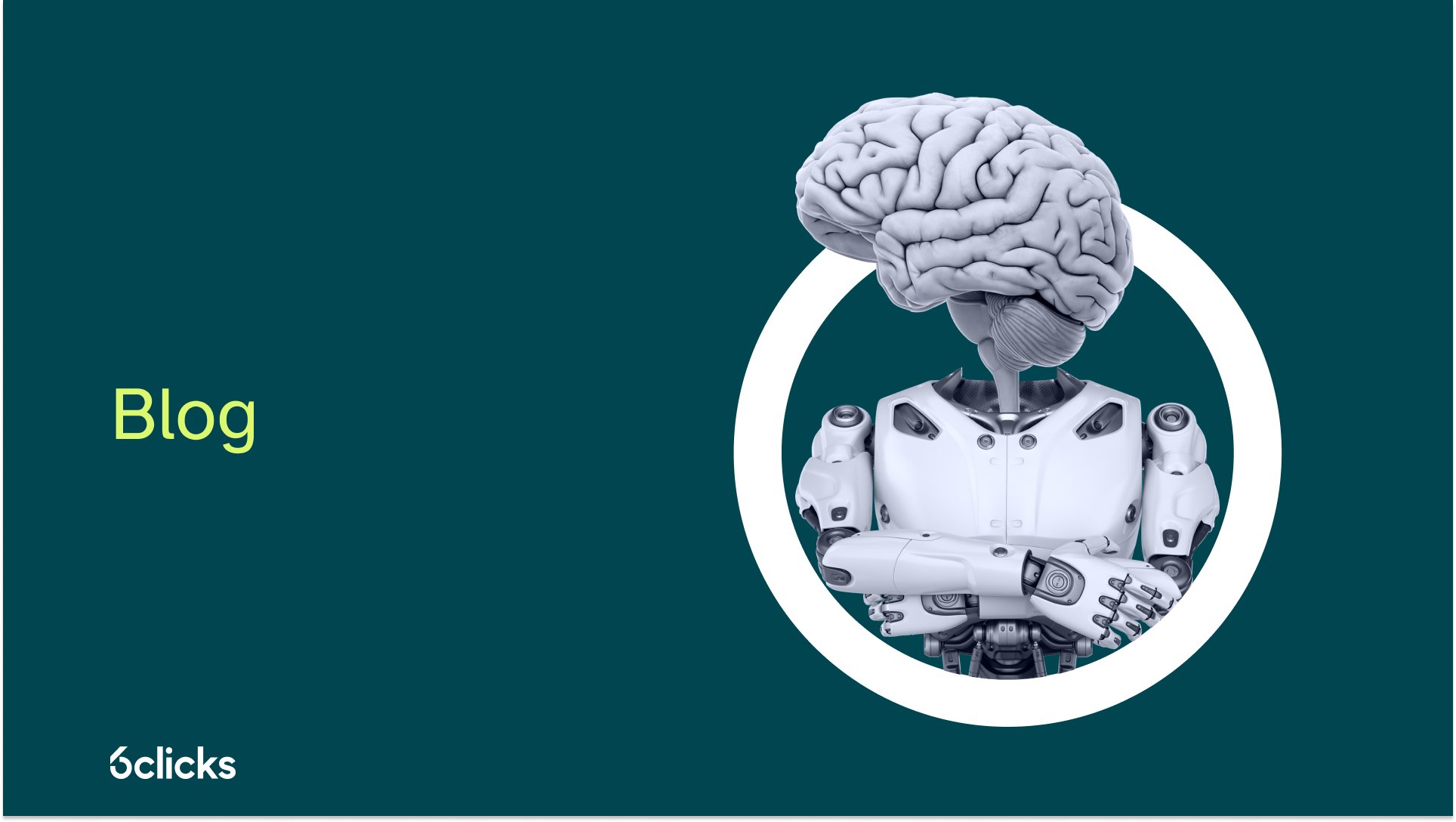
Discover how AI is revolutionizing the field of Governance, Risk, and Compliance (GRC) and its potential impact on businesses.
Understanding AI and its role in GRC
AI, or Artificial Intelligence, is a rapidly advancing technology that has the potential to transform various industries, including Governance, Risk, and Compliance (GRC). In the context of GRC, AI refers to the use of intelligent machines and algorithms to automate tasks, analyze data, and make informed decisions.
By leveraging AI in GRC, organizations can gain valuable insights, identify patterns, and predict potential risks more effectively. AI can analyze vast amounts of data in real-time, enabling businesses to make data-driven decisions and respond promptly to emerging risks and compliance issues.
Furthermore, AI can assist in automating repetitive and time-consuming tasks, freeing up valuable resources and allowing GRC professionals to focus on higher-value activities. With AI-powered tools and technologies, organizations can streamline their risk management processes and enhance overall operational efficiency.
Enhancing risk management through AI-powered analytics
One of the key applications of AI in GRC is its ability to enhance risk management through advanced analytics. AI-powered analytics can analyze large datasets, identify patterns, and detect anomalies, helping organizations proactively identify and mitigate risks.
By leveraging AI algorithms, businesses can gain deeper insights into their risk landscape, enabling them to develop more effective risk management strategies. AI can analyze historical data, predict future trends, and provide real-time risk assessments, empowering organizations to make informed decisions and take timely actions to mitigate potential risks.
Moreover, AI can continuously monitor and analyze data from various sources, such as internal systems, external databases, and even social media platforms, to identify emerging risks and potential compliance issues. This proactive approach to risk management can significantly reduce the likelihood of costly errors, regulatory violations, and reputational damage.
Automating compliance processes with AI technologies
Compliance processes are often complex and time-consuming, requiring meticulous attention to detail and adherence to numerous regulations and standards. AI technologies can automate these processes, eliminating the need for manual intervention and reducing the risk of human error.
By leveraging AI, organizations can automate tasks such as data collection, document analysis, and compliance monitoring. AI-powered tools can process vast amounts of data in a fraction of the time it would take a human, ensuring accurate and efficient compliance processes.
Furthermore, AI can continuously monitor regulatory changes and updates, ensuring organizations stay up-to-date with the latest requirements. AI-powered compliance systems can alert businesses to any potential compliance gaps or violations, enabling them to take immediate corrective actions.
Overall, automating compliance processes with AI technologies can save time, reduce costs, and enhance overall compliance effectiveness.
Leveraging AI for effective governance practices
Effective governance is essential for organizations to ensure ethical behavior, transparency, and accountability. AI can play a vital role in enhancing governance practices by providing real-time insights, identifying potential risks, and facilitating better decision-making processes.
By leveraging AI, organizations can analyze vast amounts of data to gain a comprehensive understanding of their operations, risks, and compliance status. AI-powered tools can detect patterns, anomalies, and trends, enabling businesses to identify areas for improvement and implement proactive measures.
AI can also assist in monitoring and analyzing employee behavior and activities, detecting potential compliance violations or fraudulent activities. This can help organizations maintain a strong compliance culture and mitigate the risk of internal misconduct.
Furthermore, AI can support the board of directors and senior management in making informed decisions by providing data-driven insights and predictive analytics. AI-powered governance systems can facilitate better risk oversight, strategic planning, and performance monitoring, ultimately contributing to improved organizational performance.
The future of AI in GRC and its potential benefits
The future of AI in GRC is promising, with numerous potential benefits for businesses. As AI continues to evolve and advance, organizations can expect even greater automation, efficiency, and effectiveness in their GRC processes.
AI-powered technologies, such as machine learning and natural language processing, will enable organizations to analyze unstructured data, such as emails, documents, and social media posts, to identify potential risks and compliance issues. This will provide a more holistic view of the organization's risk landscape and help businesses stay ahead of emerging threats.
Moreover, the integration of AI with other emerging technologies, such as robotic process automation (RPA) and blockchain, will further enhance the capabilities of GRC systems. AI-powered RPA can automate end-to-end processes, ensuring seamless data flow and reducing the risk of manual errors. Blockchain technology, combined with AI, can provide secure and transparent record-keeping, enhancing trust and compliance in business transactions.
In conclusion, the power of AI in GRC is undeniable. By understanding and embracing AI technologies, businesses can unlock their full potential, revolutionize their risk management and compliance practices, and gain a competitive edge in today's rapidly evolving business landscape.


